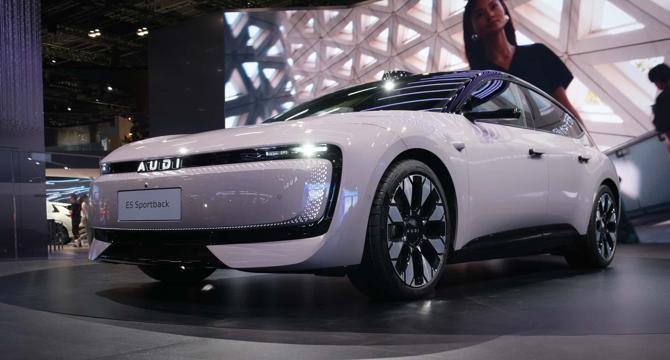Insideevs
1w
0

Image Credit: Insideevs
Why Western Automakers Desperately Need Help From China
- Western automakers like Audi, Volkswagen, and General Motors are turning to Chinese automakers for help in advanced technologies and innovations to stay competitive in the Chinese market.
- The shift in preference towards local Chinese brands has led to a decline in sales for Western automakers like Audi in China.
- Companies such as XPeng, Nio, BYD, and Zeekr in China have benefitted from aggressive subsidies, competition, and control over the global battery supply chain.
- Audi's collaboration with SAIC has resulted in the creation of the Audi E5 Sportback, tailored specifically for Chinese customers and featuring advanced technology like LIDAR and extensive range.
- Volkswagen and General Motors are also partnering with Chinese automakers to introduce new electric vehicle concepts and platforms designed for the Chinese market.
- Toyota is following suit with its bZ electric vehicles, developed in collaboration with Chinese partners to meet the evolving needs of Chinese consumers.
- The Chinese automotive market sets a high standard for innovation and technology, prompting Western automakers to adapt their strategies to remain competitive.
- Although these advanced technologies may not transfer to the U.S. due to regulatory challenges and tariffs on Chinese products, the global market is likely to be influenced by innovations from China.
- Chinese consumers are attracted to cutting-edge features and are willing to pay more for technological advancements, reshaping the landscape of the auto industry.
- The trend of seeking expertise from Chinese partners highlights the importance of staying up-to-date with technological advancements and customer preferences in the rapidly evolving automotive market.
Read Full Article
Like
For uninterrupted reading, download the app